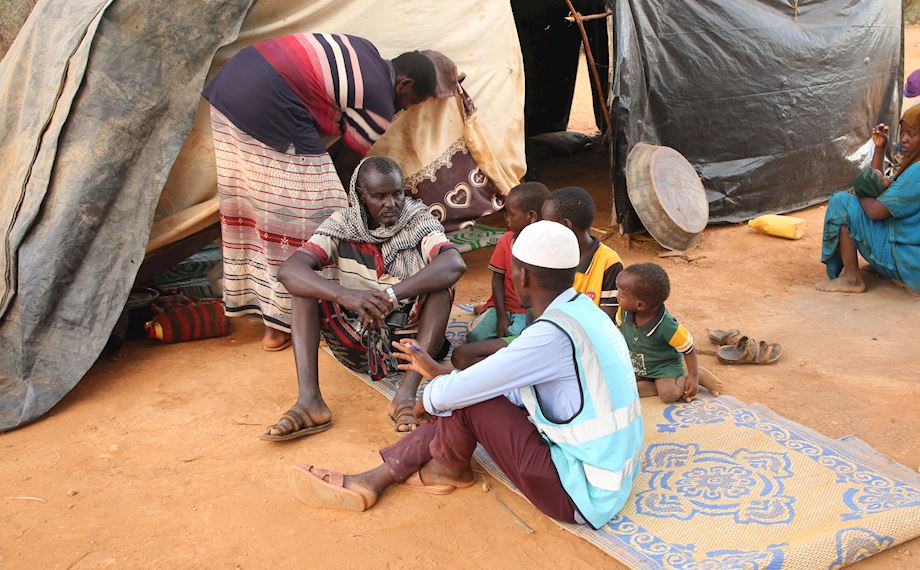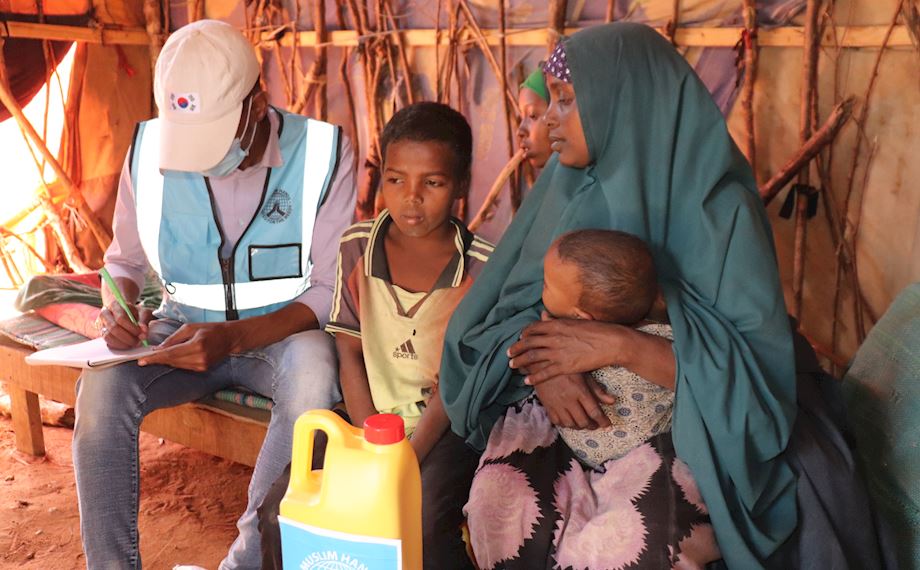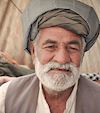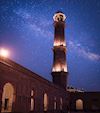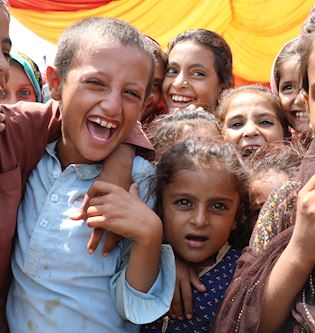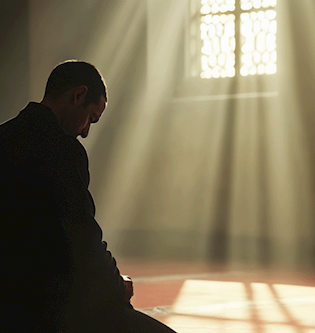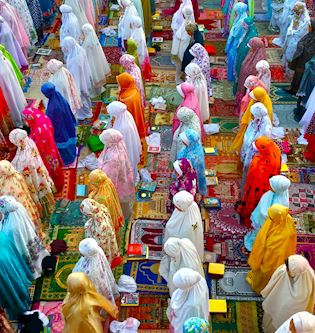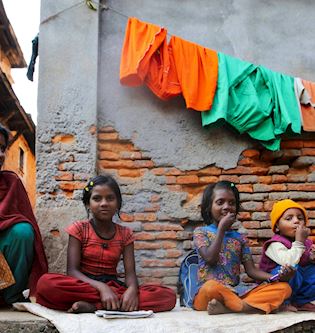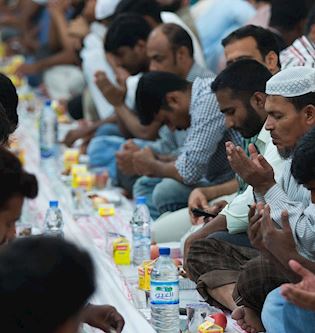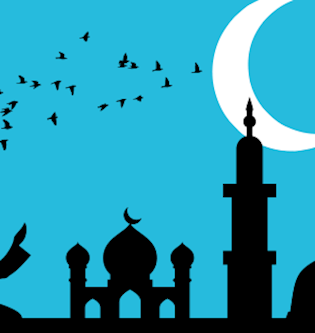The Origins of Islam in East Africa

In light of the dreadful drought emergency in Somalia, we have compiled a blog on the origins of Islam in East Africa. The East African region is known to the Arabs as Al-Habashah and includes Ethiopia, Somalia and Eritrea.
Here are some important facts about the origins of Islam in East Africa:
1. Islam arrived in East Africa before Madinah
Islam was prevalent in East Africa from the time of the Prophet (saw). In the early days, the Prophet (saw) faced immense difficulties spreading the word of Allah, and the Quraish would persecute him (saw) and his companions. As such, the first Hijrah took place to East Africa where the Muslims were allowed to practice Islam freely for many years, until they migrated to Madinah to reunite with the Prophet (saw).
2. One of the earliest Masjids in Islam was built in Somalia
The Hijrah to East Africa took place before the Hijrah to Madinah, and due to this, the Muslims in East Africa had already established their places of worship. As the original Qiblah was Masjid-Al-Aqsa, the Muslims in East Africa were praying facing in the direction of Jerusalem. However, they changed their direction once the news reached them about the Qiblah being changed to the Ka’aba in Makkah.
One of the oldest Masjids in East Africa is called Masjid Al-Qiblatayn (the Masjid of the two Qiblahs). It contains two Mihrabs, (showing the direction of the first Qiblah of Islam and the Qiblah facing Makkah). This Masjid is located in Zeila in the north of Somalia.
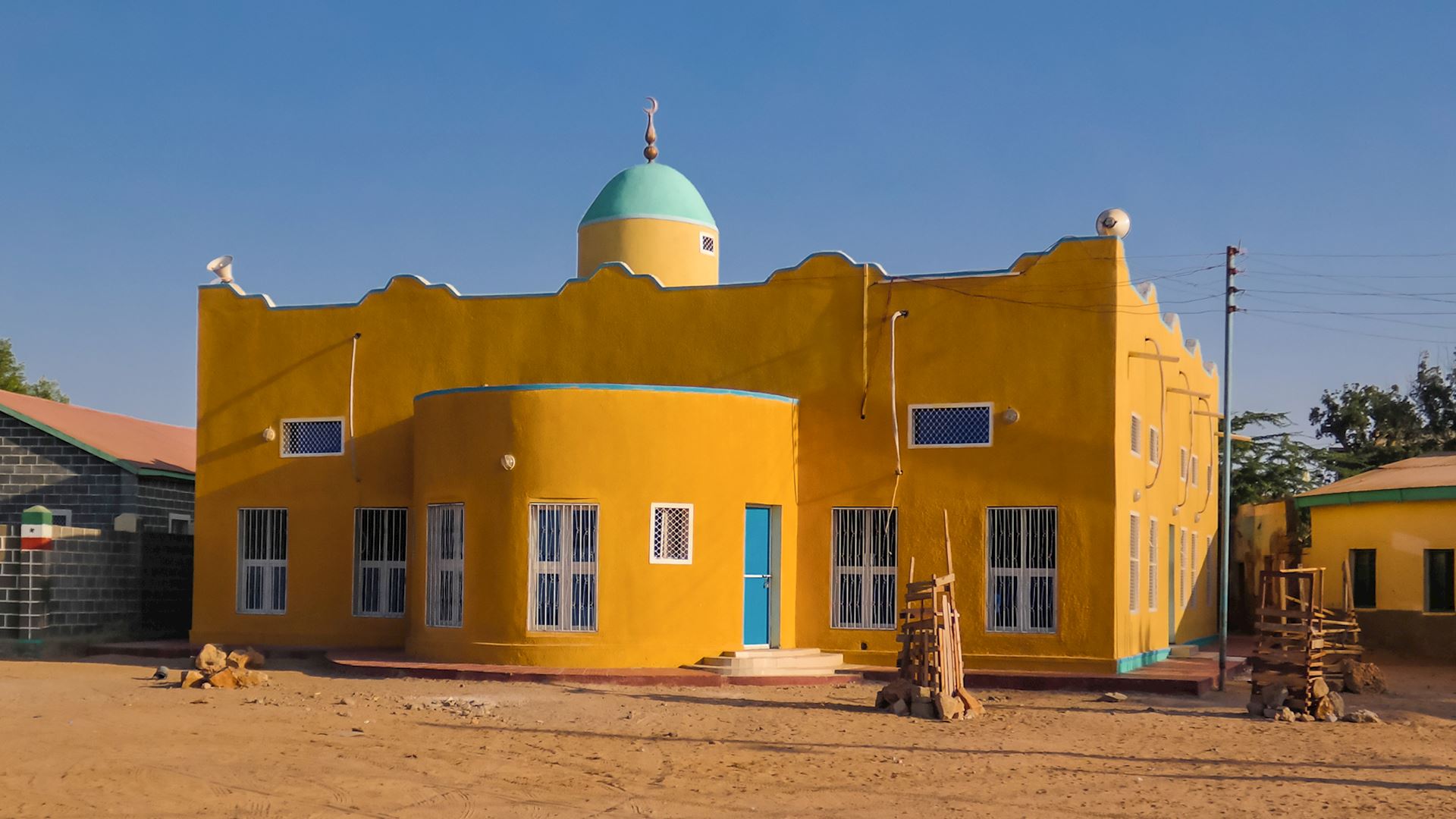
1. This history of East Africa with certain Fiqh laws
The Ethiopian King, Najashi, was extremely fond of the Prophet (saw) and had accepted Islam, however, was practicing in secret. As such, when he passed away, his Janazah salah was not read in public.
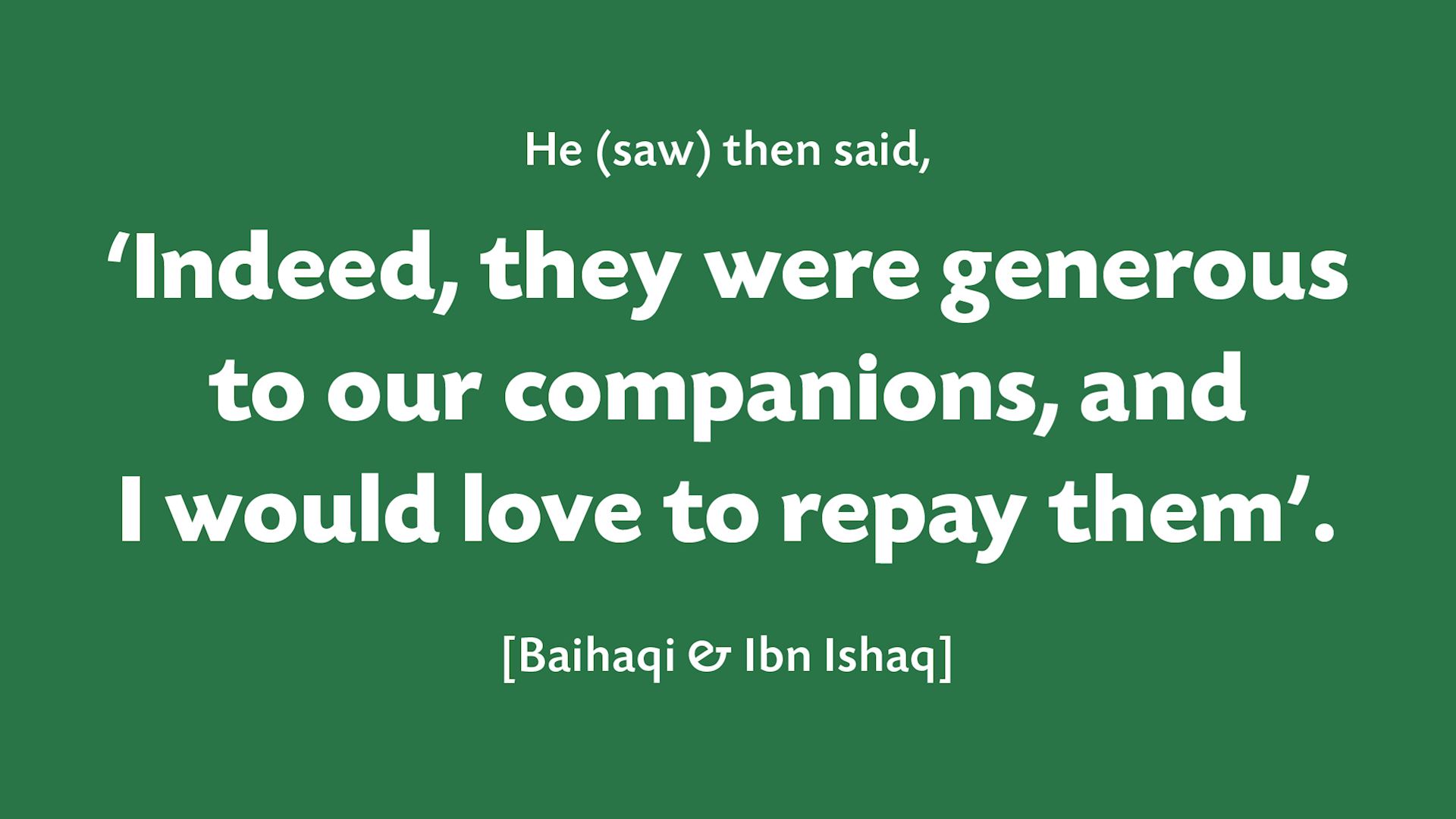
The Muslims prayed his Janazah prayer in Madinah and this became known as Salat al-Ghaib (Janazah salah that is read in absenteeism) and Islamic Fiqh has discussed this Salah and its method in detail.
Additionally, Najashi gifted the Prophet (saw) two plain black cuffs which he (saw) would later wear, perform wudhu and wipe over them. This led to a Fiqh law being stipulated which allows the wiping over leather socks when performing wudhu.
We pray Allah SWT grants ease and relief to the people of Somalia, and sends beneficial rain for them, Ameen. Help the people of Somalia in these trying times.





